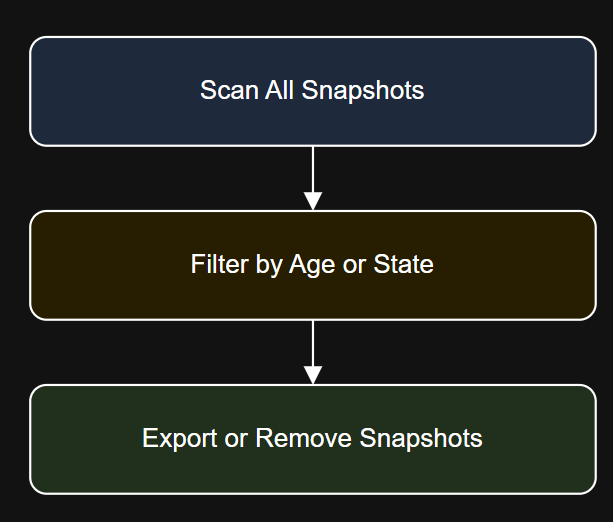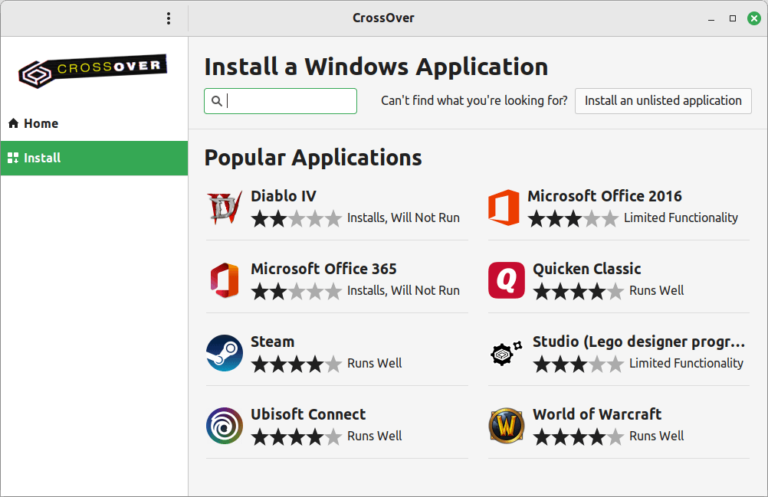Want to play Windows games on your Linux system but not sure where to begin? Heard that some Linux distros are better optimized for gaming but don’t know which ones to pick? Don’t worry, here’s a guide to the five best Linux distros that make running Windows games smooth and hassle-free.
The good news is that gaming on Linux has improved dramatically in recent years. Besides the many native Linux titles already available, you can also play a huge selection of Windows-only games using compatibility tools like Proton (built into Steam) and Wine. In fact, nearly 80% of the most popular Windows games now run on Linux with little to no extra effort.
Now, technically, you can install almost any Linux distro and get gaming to work with a few tweaks. But let’s be honest, if you’re just starting out or you simply want something that “just works”, you don’t want to spend hours configuring drivers, gaming tools, and compatibility settings. That’s where specialized Linux gaming distros come in!
These distros are built with gaming in mind, meaning they ship with the right drivers, pre-installed tools, and optimizations so you can install them and jump straight into gaming and in this article, we’ll look at the best Linux distros for gaming, especially for playing Windows games.
1. Pop!_OS
If you want a Linux distro that’s perfect for beginners but still powerful enough for advanced gamers, Pop!_OS by System76 should be your first choice.
Why It’s Great for Gaming:
- GPU Drivers Preinstalled – When you download Pop!_OS, you can pick between the NVIDIA or Intel/AMD ISO, which means you don’t need to manually install drivers, which is usually a headache for new Linux gamers.
- Steam & Lutris Ready – Steam installs without a hitch, and with a quick install of Lutris, you can run almost any Windows game.
- GameMode Support – It comes with system optimizations that improve gaming performance, thanks to Feral Interactive’s GameMode.
Pop!_OS is best for beginners who don’t want to deal with manual configurations but still want a polished desktop that works for gaming, productivity, and daily use.
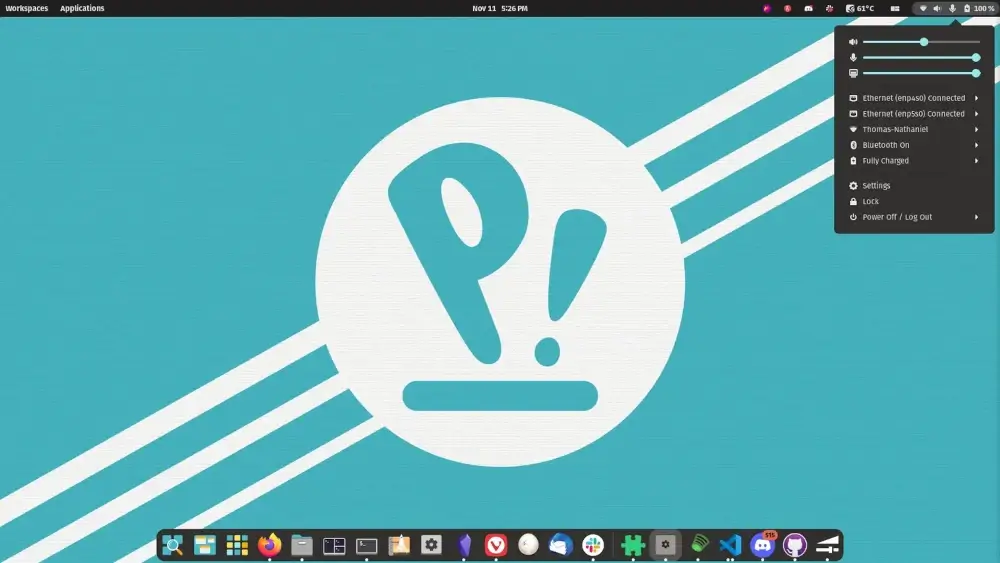
2. Ubuntu (with Game Tweaks)
No Linux gaming list would be complete without Ubuntu, which is the most popular distro for beginners, and even though it isn’t marketed as a “gaming distro”, but it’s a solid foundation for building a gaming setup.
Why It’s Great for Gaming:
- Huge Community Support – If you face an issue with game installations, the Ubuntu forums and guides will almost always have an answer.
- PPAs and Easy Software Access – You can quickly add repositories for tools like Lutris, Wine, or the latest GPU drivers.
- Stable & Reliable – Since Ubuntu is widely tested, you won’t face unexpected crashes or broken updates.
For the best experience, install the latest GPU drivers from the official Ubuntu repositories and enable the Steam Proton compatibility layer. Once done, you’ll be able to play most Windows games with ease.
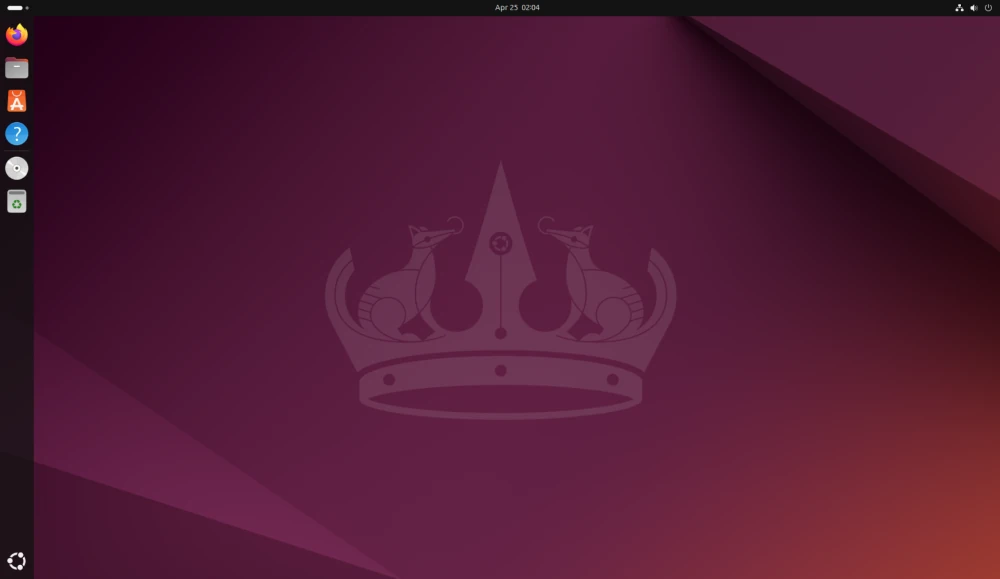
3. Manjaro
If you’ve heard about Arch Linux but found it too intimidating, Manjaro is your best bet, as it is based on Arch but is far easier to install and use, plus, it’s excellent for gaming.
Why It’s Great for Gaming:
- Rolling Release Model – You’ll always get the latest kernels, drivers, and software, which is crucial for gaming performance.
- Preinstalled Steam & Wine Options – With just a few clicks, you can install Steam, Lutris, and PlayOnLinux.
- Access to AUR (Arch User Repository) – This massive repository has community-built packages, including the latest gaming tools, emulators, and patches.
Manjaro is for gamers who want cutting-edge software and don’t mind occasional tweaks. If you like staying up to date with the newest Linux tech, this distro will serve you well.
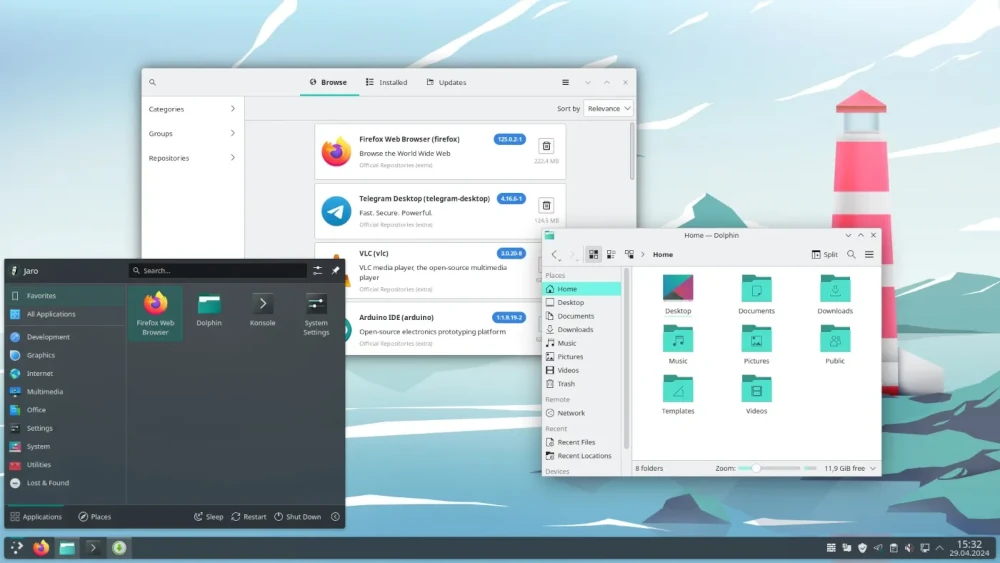
4. Fedora Games Spin
Fedora is known for being a bleeding-edge yet stable distro, and the Games Spin edition makes it super beginner-friendly for gamers.
Why It’s Great for Gaming:
- Huge Collection of Preinstalled Games – It comes with over 1,000 free and open-source games out of the box, which is great if you want to explore Linux-native games before diving into Windows titles.
- Latest Software – Fedora tends to ship with newer versions of kernels, Mesa drivers, and software than Ubuntu, which means better performance for newer GPUs.
- Flatpak Support – Installing Steam, Lutris, and other tools is straightforward thanks to Fedora’s built-in Flatpak integration.
Fedora Games Spin is for those who want to explore Linux-native games first but also want the flexibility to install Proton, Wine, or Lutris to run Windows games.
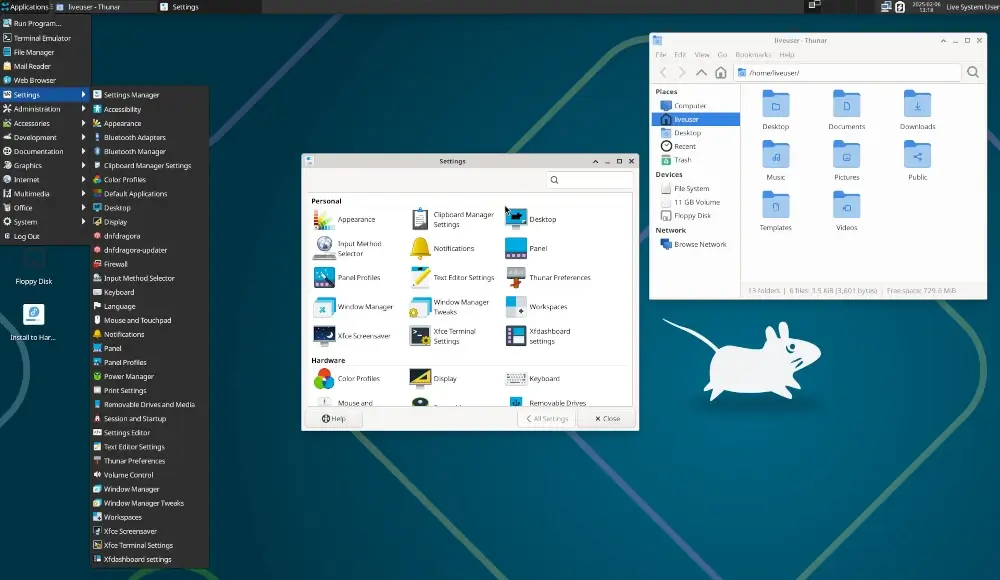
5. Garuda Linux (Dragonized Gaming Edition)
Garuda Linux is a relatively new distro, but it has quickly gained a reputation for being one of the most gaming-focused Linux distros out there.
Why It’s Great for Gaming:
- Preinstalled Gaming Tools – Garuda comes with Steam, Lutris, PlayOnLinux, and Wine already set up.
- Performance Tweaks Out of the Box – Thanks to its use of ZRAM, Btrfs with automatic snapshots, and performance profiles, gaming feels smooth right after installation.
- Rolling Release (Arch-Based) – Like Manjaro, Garuda benefits from the Arch ecosystem and the AUR.
Garuda is perfect for gamers who want a flashy, optimized, ready-to-go gaming distro without having to configure much. If you want something built purely for gaming, Garuda is the one.
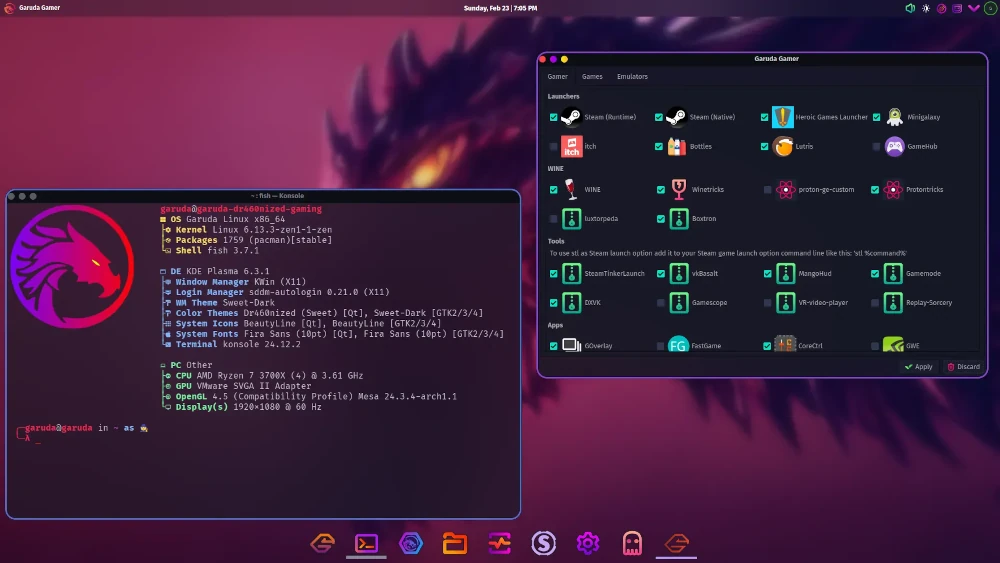
Final Thoughts
At the end of the day, all of these distros can play Windows games on Linux using tools like Steam Proton, Wine, and Lutris. The difference is how much work you want to put into setting things up.
If you’re a complete beginner, go with Pop!_OS or Ubuntu. If you want something cutting-edge, try Manjaro or Garuda, and if you want to test a ton of games right away, Fedora Games Spin is a fun option.
Whichever one you pick, you’ll be amazed at how far Linux gaming has come. You no longer need Windows just to enjoy games; Linux has become a serious gaming platform, and the best part is, it’s only going to get better!

